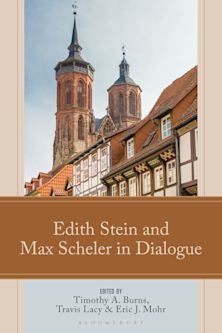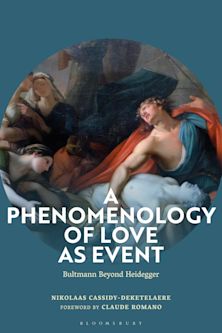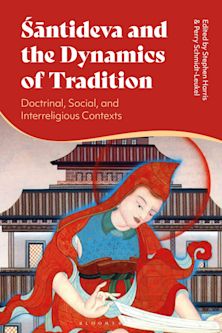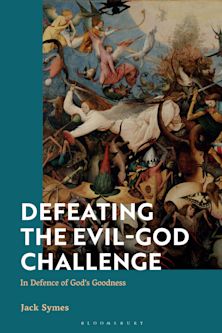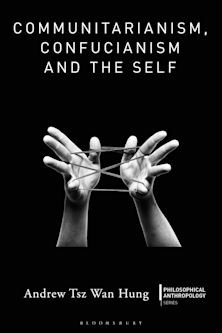Method as Identity
Manufacturing Distance in the Academic Study of Religion
Method as Identity
Manufacturing Distance in the Academic Study of Religion
Description
Method as Identity: Manufacturing Distance in the Academic Study of Religion emphasizes the inexorable influence that social identities exert in shaping methodological choices within the academic study of religion, as witnessed in sui generis appeals to particularity and reliance on (or rejection of) identity-based standpoints. Can data speak back, and if so, would scholars have ears to listen? With a refreshing hip hop sensibility, Miller and Driscoll argue that what cultural theorist Jean-François Bayart refers to as a “battle for identity” forces a necessary confrontation with the (impact of) social identities (and, their histories) haunting our fields of study. These complex categorical specters make it nearly impossible to untether the categories of identity that we come to study from the identity of categories shaping our methodological lenses. Treating method as an identity-revealing technique of distance-making between the “proper” scholar and the less-than-scholarly advocate for religion, Miller and Driscoll examine a variety of discursive milieus of vagueness (consider for instance “essentialism,” “origins,” “authenticity”) at work in the contemporary discussion of “critical” methods that lack the necessary specificity for doing the heavy-lifting of analytically handling the asymmetrical dimensions of power part and parcel to social identification. Through interdisciplinary discussions that draw on thinkers including Charles H Long, Bruce Lincoln, Russell T. McCutcheon, Theodor Adorno, Jacques Derrida, C. Wright Mills, Laurel C. Schneider, William D. Hart, Tomoko Masuzawa, Anthony B. Pinn, bell hooks, Roderick Ferguson, John L. Jackson, Jasbir Puar, and Jean-François Bayart, among others, Method as Identity intentionally blurs the lines classifying “proper” scholarly approach and proper “objects” of study. With an intentional effort to challenge the de facto disciplinary segregation marking the field and study of religion today, Method as Identity will be of interest to scholars involved in discussions about theory and method for the study of religion, and especially researchers working at the intersections of identity, difference, and classification—and the politics thereof.
Table of Contents
1.Method as Identity: The Battle for Identity in the North American Academic Study of Religion
2.Ghost Stories: How Method Reveals Identity in the Study of Religions
3.Long Division: How Identity Reveals Method in the History of Religions
4.What Is “Black” about “Black” Religious Studies?: Distinction and Diaspora in the Maintenance of a Field
5.What Identity Is Your Method?: Tracing Co-Constitution in the Twilight of (White) Normativity
6.Categorical Miscegenation: Strange Bitter Fruit and Uncertain Branches in the Field
7.N-Words and M-Words: Switching Codes, Shifting Realities, and Trading Metaphors of Authority
Conclusion: Ghostbusters & Paranoiacs
Product details
| Published | Jul 02 2020 |
|---|---|
| Format | Ebook (PDF) |
| Edition | 1st |
| Extent | 1 |
| ISBN | 9781978758506 |
| Imprint | Lexington Books |
| Illustrations | 2 b/w illustrations; |
| Series | Religion and Race |
| Publisher | Bloomsbury Publishing |
Reviews

ONLINE RESOURCES
Bloomsbury Collections
This book is available on Bloomsbury Collections where your library has access.












